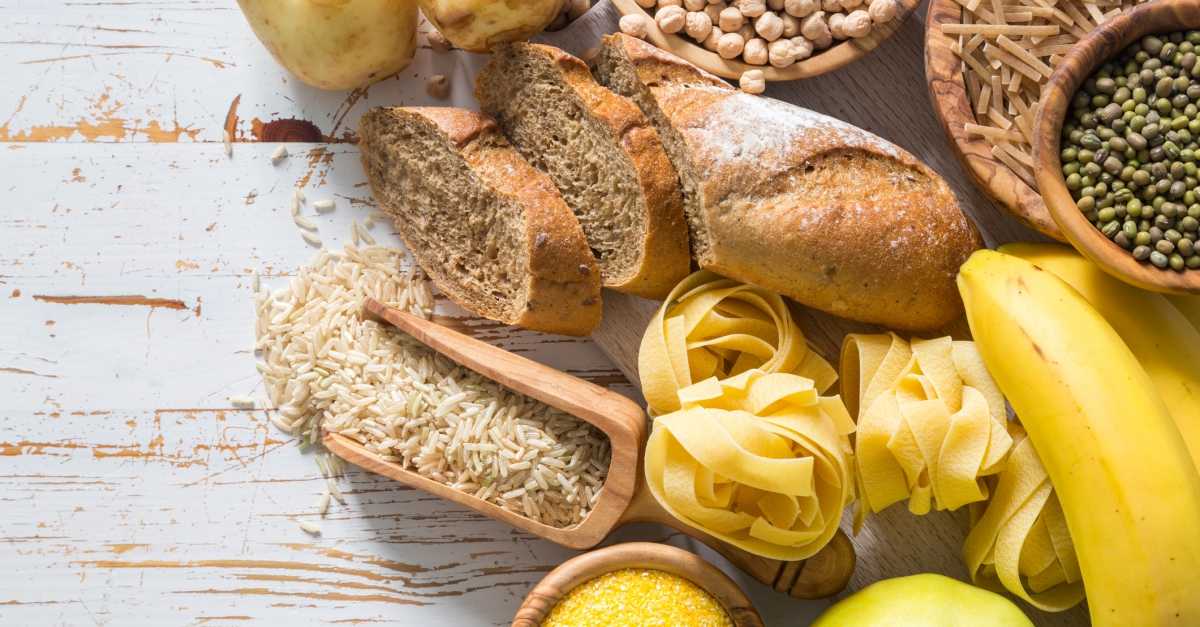Never has a topic galvanised the Diabetes Forum as much as the carbohydrate, specifically, how carbohydrates affect and causes diabetes. We thought that a feature about carbohydrates and how they affect diabetes care was long overdue.
However, opinions about how many carbs to eat and how they affect each individual are numerous, and it is worth remembering that diabetes type, general health, medication and carbohydrate type all play a role. It is a complex topic, so where better to look than our forum.
Low-carb can be beneficial
Many forum members have found a low-carb diabetes diet beneficial to manage their blood glucose levels.
Elevated blood sugar is the primary symptom of diabetes, and reducing food in the diet that raises glucose levels should be one of the primary goals of diabetes care. By lowering glucose levels in the diet, medication can be reduced or even (in type 2 cases) stopped.
Carbohydrates are in a lot of foods
Carbohydrates are found in a variety of foods such as white bread, pasta, potatoes and flour. These foods metabolise into sugar and raise blood glucose levels amongst diabetes patients. The goal of a low-carb diet is to restrict/cut down/remove these foods.
Disrupting sugar levels
Not all carbohydrate foods disrupt blood sugar levels , and some healthy natural/raw/unprocessed foods are considered a normal part of a low-carb diet – even if they contain carbohydrates.
As with all aspects of diabetes management, carbohydrates in food can have different influences on different people. By counting carbs and testing regularly after meals, people can find out which foods they can safely include and which should be restricted.
Carbohydrates, due to the huge impact they have on blood glucose levels, should be restricted up to the point that the dieter maintains a healthy blood glucose level.
Gradually, the amount of information in the public domain regarding low-carbing has soared, just check out the forum perspectives below.
What the community is saying about carbohydrates
- Fergus : Sugar is the simple form of carbohydrate. The danger is in consuming too many carbs at a time and therefore your pancreas cannot cope with this and your blood sugars rise . Continual high blood sugar levels lead to diabetic complications over time. Controlling the amount of carbs we eat helps to control our blood sugar levels and thus stave off the complications.
- Fergus : Sugar is a carbohydrate… It is imperative as a Diabetic to count them, that way leads to better control of your own Diabetes.
- Dillinger : However, for every percentage point drop in HbA1c blood test results (from 8.0 percent to 7.0 percent, for example), the risk of diabetic eye, nerve, and kidney disease is reduced by 40 percent. Lowering blood sugar reduces these microvascular complications in both Type 1 and Type 2 diabetes.
- Fergus : An effective low carb diet is one which maintains, most of the time, a healthy blood glucose level. The amount of carbs it contains will vary between individuals. The consensus on the forum is that the following applies:
– Low carb (ketogenic) 0-50g carbohydrate per day
– Typical low carb 50-90g
– Liberal low carb 90-130g
– Moderate carbs 130-170g
– High carb 170g plus a day - Fergus : It is always an individual issue. But for me personally, being diagnosed with Type 2 in May, the diabetes clinic I attended showed me that a low carb diet was necessary – and I’ve lost 15 lbs (can you hear how happy I am!) in 3 months. Most importantly, I’ve lost the “cravings” for high carb foods that I once adored, home-made white crusty bread, BIG bowls of pasta, nachos with creamy dips…






